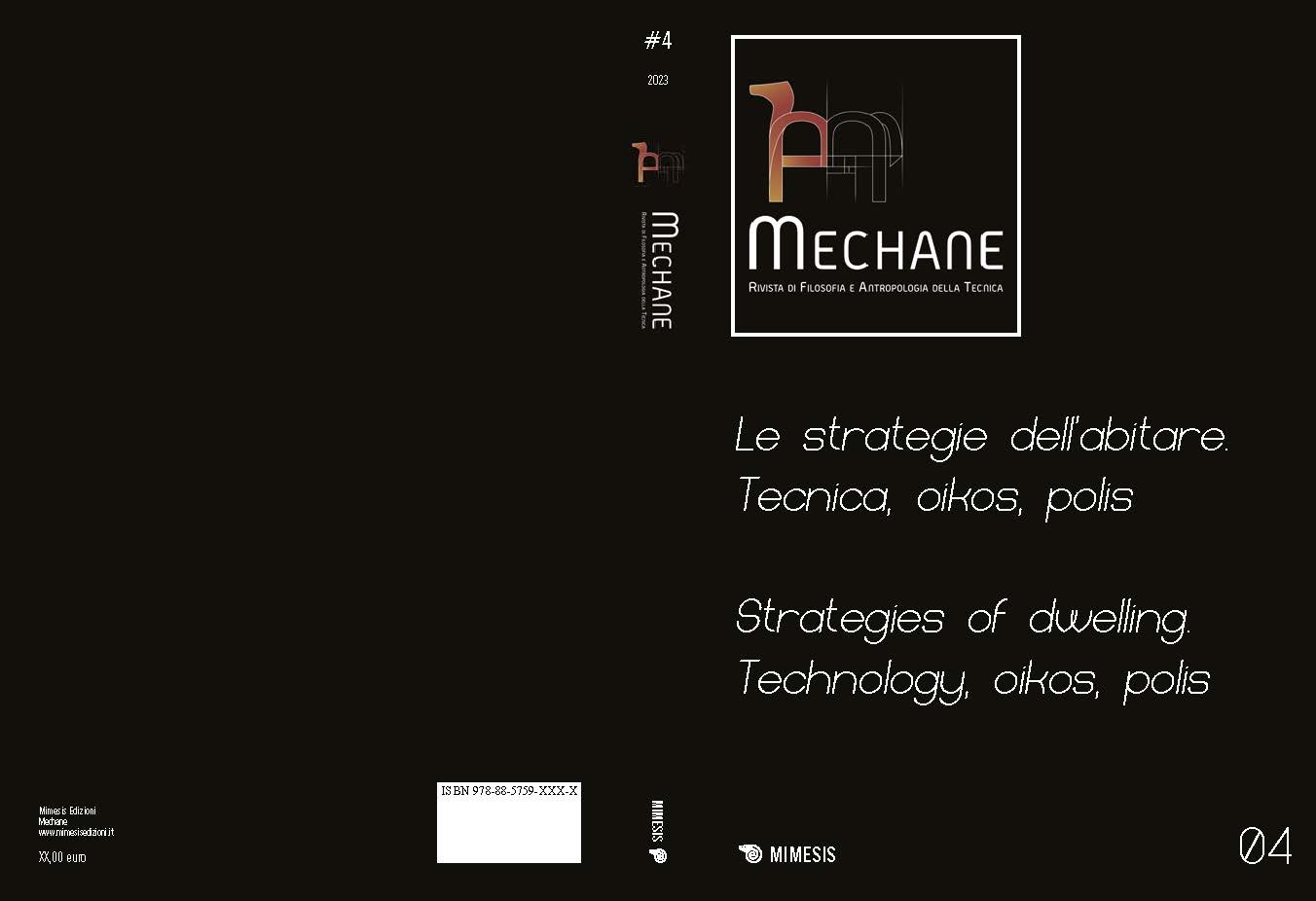Abstract
This essay aims to discuss some fundamental elements of the work of American artist and architect Gordon Matta-Clark, author in the first half of the 1970s of a few of artistic interventions that openly contested the main architectural paradigms of that time. In particular, his tight critique of the concept of the housing unit understood as a “box” – disconnected from the human and social context that he contextually helped to define – will be analyzed.

